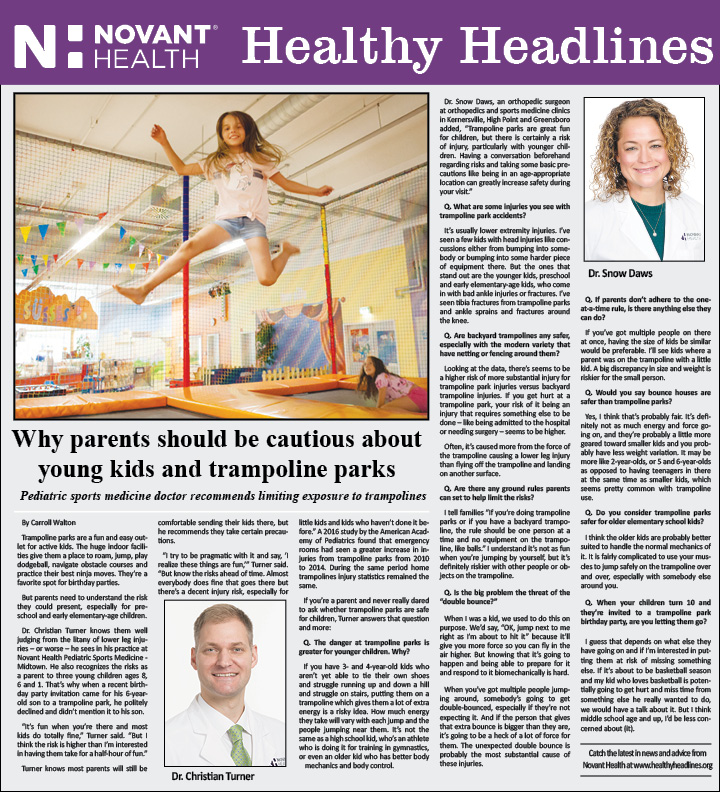“Rockets’ Red Glare, Bombs Bursting in Air”
This week we celebrate our 241st anniversary of independence from Great Britain. A few weeks earlier, we celebrated Memorial Day, where we honored men and women who had made the ultimate sacrifice. I’m as patriotic as the next guy, but over the years I have come to dread these holidays, and I can explain my disdain in one word: Fireworks.
Despite what we see in old movies, war is not glamorous. It is not glorious, and it is almost never necessary. And so there’s a morbid kind of irony about the fact that we honor those who died in war, by firing off a barrage of mortars and rockets.
In my neck of the woods, fireworks are shot off by neighbors in their back yards, and by so-called professionals who are hired by the city to punctuate community gatherings. During a previous Independence Day fete, the combination of private and municipal rocket fire caused the windows of our house to vibrate so severely that they nearly shattered. Moreover, the constant barrage of scud-like missile activity also caused our dogs to shake uncontrollably, and become so upset that they suffered with GI difficulties for two weeks. Meanwhile, the noise disrupted bed rest at area nursing homes and retirement complexes, and wildlife fled from their limited wooded habitats, and ran nervously into on-going traffic, where at least one deer met his doom. These are all too common scenarios across the country, and are of particular interest to Chapel Hill-based Noise Free America.
NFA acts as a clearinghouse for noise complaints, and as an advocate for a ban on fireworks altogether. In a 2014 email exchange with NFA Director Ted Rueter, I learned that noise wasn’t the only problem resulting from our annual Independence Day fireworks displays. Serious injuries and deaths also occur. Those included three small children, and an infant who died in a Philadelphia house fire, which had started when a firecracker was thrown onto a sofa on their front porch. The fire also spread to several other row houses. And then there was the man from Michigan who lit some fireworks which then flew back into his chest, killing him. Ted also mentioned another man who blew his arm off while using fireworks. Meanwhile, KIRO-TV in Seattle reported that in just a few short hours, one local hospital treated 35 people with fireworks-related injuries. Said Rueter, “This past 4th of July turned out to be a deadly and very disruptive holiday”.
Unfortunately, fireworks related tragedies are not a recent phenomena. The National Fire Protection Association reports that
in 2011, nearly 18,000 fires were caused by fireworks. Those included 1,200 total structure fires, 400 vehicle fires, and 16,000 other fires. That year, fireworks caused over $32 million dollars in property damage, and at least eight people died. Not surprisingly, more fires are reported on the 4th of July than on any other day of the year, and fireworks account for two out of every five of those fires.
According to the Insurance Journal, in 2016, hospital emergency departments treated nearly 11,000 people for fireworks related injuries, including 31% who were children under the age of 15.
Meanwhile the Consumer Product Safety Commission reports that there have been 114 deaths related to fireworks since 2001.
And, as if we didn’t have enough to worry about, now there’s a new kind of danger involving fireworks. Forbes and other news outlets report a rise in people flying their drones in the airspace just above fireworks displays. When rockets collide with drones, the latter can cause the former to detonate off target, and can force hazardous debris down onto unsuspecting spectators.
In addition to producing noise and causing fires and injuries, fireworks are also increasingly causing environmental damage. Studies by the EPA show that chemical residue from fireworks is polluting lakes, ponds, and even contaminating ground water. That, in turn, negatively impacts on the health of humans and wildlife alike.
Some states have enacted laws which restrict use and composition of fireworks. In California, for example, fireworks devices cannot leave the ground. In North Carolina, aerial fireworks are illegal except by permit. Meanwhile, seven other States have banned all consumer fireworks. But those bans don’t go far enough, because they do nothing to restrict commercial use of fireworks. Yes, I’ve heard the argument that “professionals” know how to handle fireworks, and most of them do. But that’s not the point.
According to Science Daily, the South Coast Air Quality Management agency solicited testimony which showed that chemicals from nightly fireworks displays at Disneyland, had polluted underground water to the extent that six local wells adjacent to the park had to be shut down, and residents forced to drink bottled water. Science Daily also reported that children with asthma had more frequent attacks because of smoke generated from Disney’s fireworks displays.
I doubt anyone is more competent with recreational explosives than the pyrotechnic wizards who set off fireworks at Disneyland, Disney World, and other parks across the nation. But that doesn’t rectify or prevent noise, air, and water pollution. That’s why commercial as well as consumer fireworks displays should be banned in every state, with the caveat that localities can issue special permits for venues that aren’t near a residential area, don’t border on a body of water, and where technicians use non hazardous materials.
Surely we don’t need to be bombarded fireworks when pausing to recognize our freedoms or our veterans. A simple parade, display of American flags, a brass band, and some small sparklers are more than adequate to present a safer, quieter commemoration.









